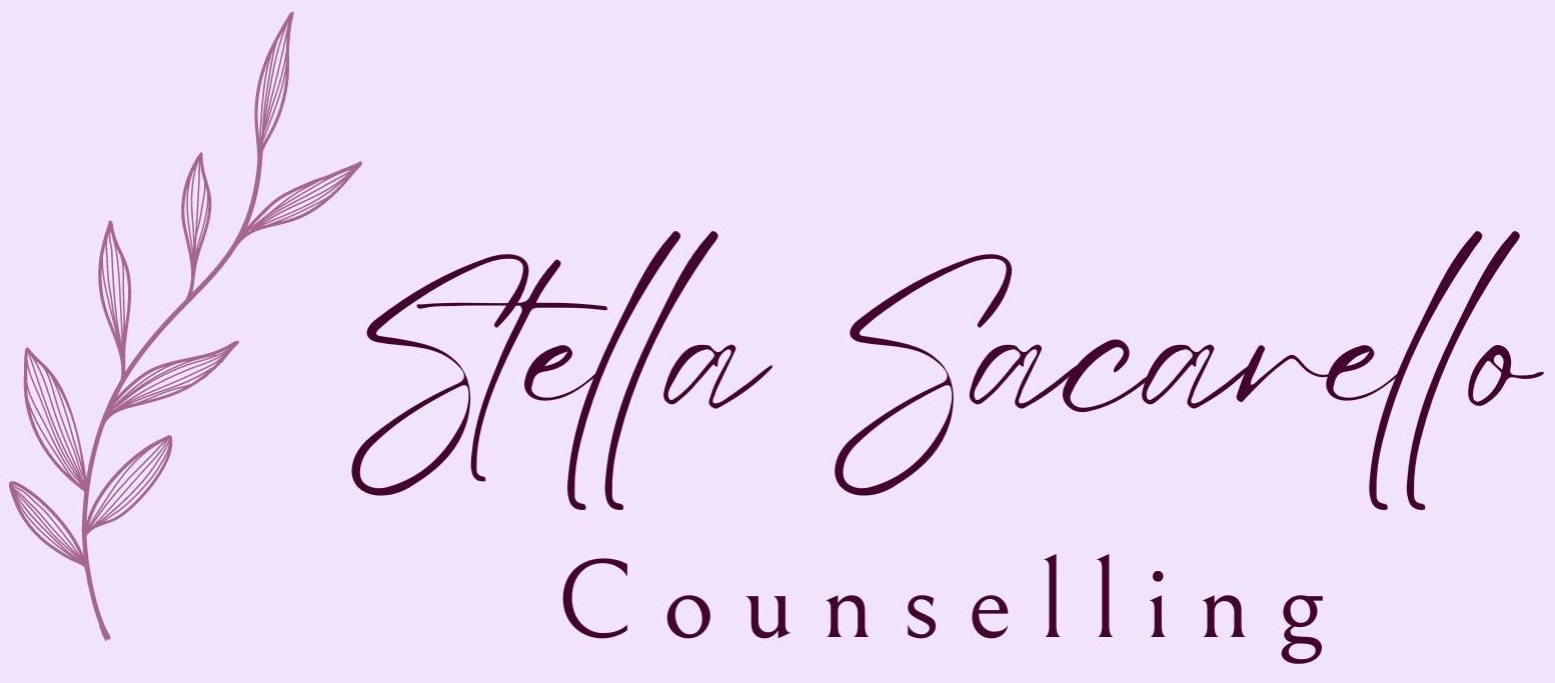Many people feel nervous or unsure before their first counselling session. You might be wondering...
“What should I say?”
“What will they ask me?”
“Will I have to talk about everything straight away?”
While I can give you some general ideas about how the first session might go, the truth is, it's different for everyone. It's normal to feel nervous, unsure or hesitant.
Counselling should be a safe space so we want to start by building safety and trust. Part of that is about knowing what to expect, so you can make an informed choice about whether it's right for you.
While you don’t need to prepare anything for the session, some people like to write things down so they remember what they want to talk about.
Some things we might talk about in a first session
- We might go through the contract if we haven’t done that already
- You can ask any questions you have about the counselling process
- I might ask you about your hopes and goals for counselling
- I might explain what person centred therapy looks like or what you can expect from me in the sessions
- We might talk about your background, what’s brought you to counselling, anything you specifically want me to know about, and general context
While I might prompt you by asking for more detail on what brought you to counselling, there’s no pressure to talk about the deeper things straight away. If I ask you a question that you’d rather not answer, that’s okay too. It’s important that we go at a comfortable pace for you.
My style of counselling is very much led by the client (you can read more about my approach here). This is why I say that counselling sessions look different for everyone.
Some differences between clients
For some clients, the first session can be more of a rapport building conversation. If it's your first time in counselling, or you want to disclose something you’ve never spoken about before, you might want to take your time with this and figure out if you feel you can trust me first (more on this in a previous blog).
For others who are very open and comfortable talking about their situation and their feelings, they might be ready to get straight to the point. Both of these approaches are valid, and I’ll always try and go at a pace that’s comfortable for you.
Another difference between clients is that some people find structure to be helpful and will request homework or something that can be put into practice, such as strategies for coping with anxiety. I don’t tend to set homework unless someone asks, but I do have resources that I can send you if this is something that you’re interested in.
Other clients like the free flowing conversational approach where they can bring whatever they want to a session, or just start talking and see what comes out. Often people have a lot more to say than they think, and the session ends up going somewhere completely unexpected. Either way, whatever you talk about is okay. If it's on your mind and it's important to you, then that’s a good enough reason to talk about it.
The end of the session
At the end of the counselling session, I’ll usually check in to see how you felt about it and whether you found it useful.
You might be feeling lighter and relieved because you got something off your chest, or maybe you feel emotional if there was a lot that needed to come out. Maybe you're unsure about it and need some time to process how it went and if it was useful for you. Some people might even feel a little bit vulnerable or like they overshared by the end of the session.
It’s okay if you have mixed feelings and need some time to figure out how you felt. It's also normal to feel a bit vulnerable if you’re not used to talking about your feelings.
Tips if you’re anxious
- Consider what you want to bring to the session and what you want to gain from counselling
- Go in with an open mind that the session might lead you somewhere unexpected, and that’s okay
- Sometimes naming your nerves or anxiety helps to reduce it
- You can always ask me questions about the process or about me if it helps you feel more comfortable
- You can also tell me if you don’t want to talk about something and I will respect that boundary
If you're ready to get started, you can get in contact and book an introductory call here.
If you want to learn more about me and my work, start here.
